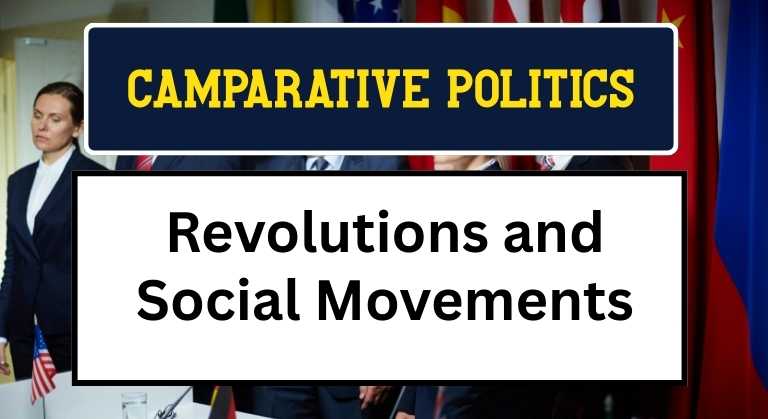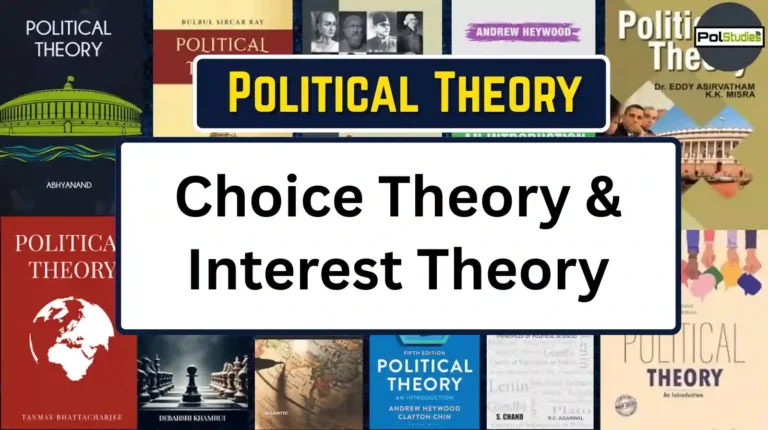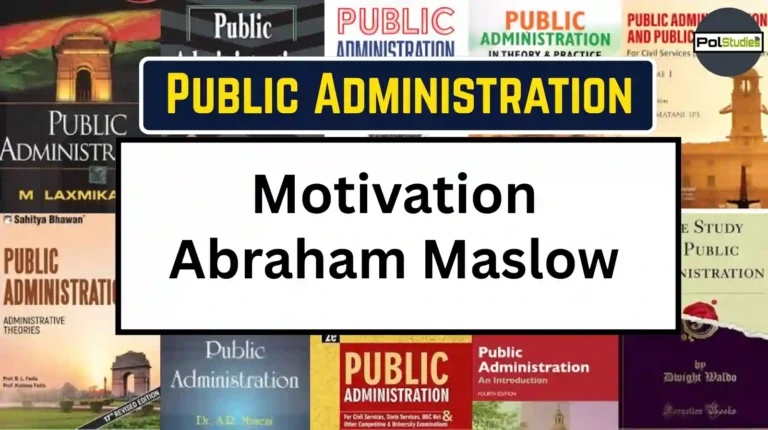Positive and Negative Freedom | Gerald C. MacCallum
Gerald C. MacCallum
Positive and Negative Freedom
According to MacCallum, the controversies arising for the presence or absence of liberty in society are about 4 types –
According to MacCallum, whenever the freedom of some agent or agent is in question, it always relates to freedom from some constraints or restrictions, interference with, or hindrance in doing something, not doing, becoming or becoming nothing.
Such freedom is always of something, to do or not to do something, to do or not to do something, i.e. it is a triple relation.
(A) Cases where agents are not mentioned
Free society or free will All cases can be understood as concerned with the freedom of agents. In fact, their wisdom rests on their being.
(B) Cases where it is not clear what corresponds to the second term:
For example, in this freedom of choice (choice to freedom), freedom to choose I please” related compulsions and restrictions are seen.
(C) Cases where it is not clear that what corresponds to the third term:
For example, it deals with issues related to “freedom from hunger” (want, fear, disease).
The differences in positive and negative liberty have
encouraged one to see differences in accounts of liberty as a result of differences in conceptions of liberty. These kinds of questions have been encouraged and we have been tempted to ask questions like, “right”, who is right?, and whose concept of freedom is right.
Writers following the concept of negative liberty say that only the presence of a thing can unfree a person and writers following the concept of positive liberty believe that even the absence of a thing can unfree a person. Is.
Negative liberty
is described by MacCallum in three points. He follows negative liberty in the traditional accounts as a category of these four:-
1. He is directed to count such persons as we refer to a living human body and each, say, it is a person.
2. He has a lot to mean by “obstacle” and so forth although this changes with changes in our views. Which can be attributed to the arrangements made by humans.
3. Has a fairly general idea of the person he may be free to do or become.
Positive liberty
In contrast to this, the account of the so-called adherents of “positive liberty” may trouble us-
1. They never count as the liberty of the agent being considered. The successors of our tradition consider him
a person 2. What is a person? Given a difference of opinion on what counts as a hindrance or interference. It is not surprising that adherents of so-called “positive liberty” are similarly exposed as an obstacle.
3. Adherents of positive liberty emphasize character rather than actions, and go on to suggest that we can simultaneously focus on the character’s states and actions.
MacCallum believes that freedom is always and necessarily in moderation. Thus far as the adherents of positive liberty speak of free will through choice. He cannot talk about freedom.





